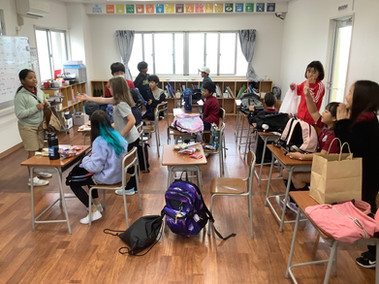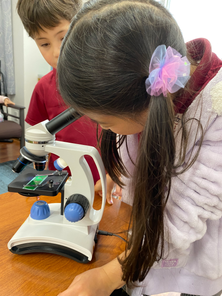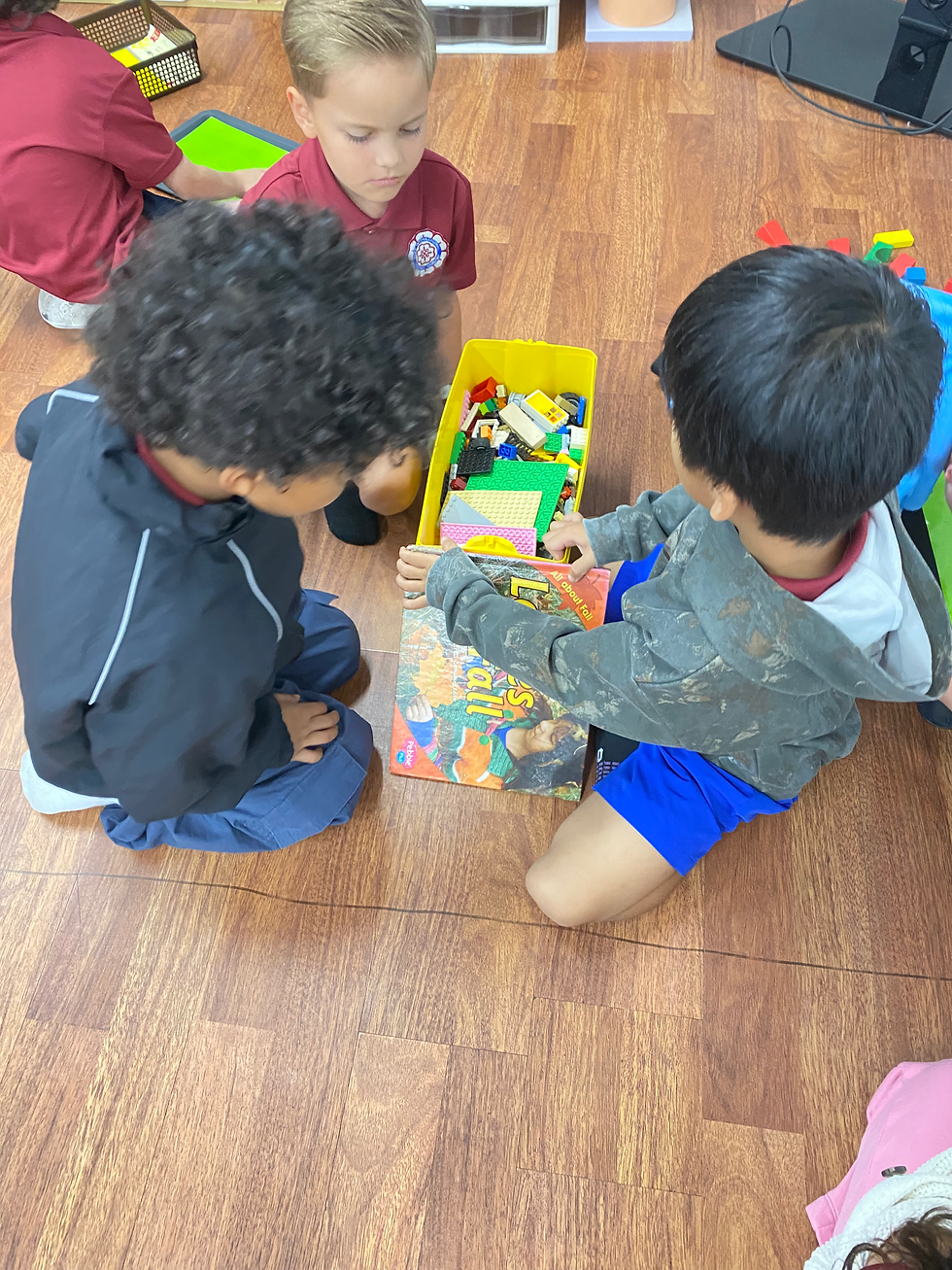Message from the Principals 2/17/2023
- School Account
- 2023年2月17日
- 読了時間: 3分
Good morning Hope Community!
Today we will cover the following topics:
1: Important Reminders
2: "A Safe and Nurturing Environment"
3: Curriculum Focus: Learning goals - Skills
4: Learning Highlight
5: House Points
6: Photos of the week!
1: Important Reminders
Monday, Feb 20th - NO SCHOOL (Presidents' Day)
Hope Family Day - March 17th (13:00-15:00)
Parent Teacher Conference - March 24th (IN-PERSON!)
Parent workshop will be held on March 24th (After the PTC) from 4:00-5:00
The Google Claendar event was sent to all families.
Spring Break: March 27-31 (NO SCHOOL)
2: "A Safe and Nurturing Environment"
For Mr. Brian and I, one of our top priorities and guiding philosophy is a "safe and nurturing environment". Today, I would like to take a moment and explain what that means to us and how it drives our decision-making process at Hope.
A safe and nurturing environment is the foundation upon which all learning and growth can take place. Without it, students may not feel comfortable, secure, or supported, which can negatively impact their academic, social, and emotional development. Providing a safe and nurturing environment means creating a physical and emotional space where students feel welcome, respected, valued, supported, and heard. This includes having policies and practices in place that prioritize safety, promotes healthy relationships, encourages strong communication, and fosters a positive school culture.
You can see these goals embedded into our 5 core school rules:
Think safe, Feel safe
Hands off
Listen and Learn
Show care and respect
Speak appropriately
This is not just a goal to strive for, but a guiding principle that informs our decision-making process and policies at every level of the school. In practice, this means that we prioritize the safety and well-being of our students in every aspect of school life. We recognize that positive relationships are a critical component of a nurturing environment, and we work to create opportunities for students to connect with one another and with the school community as a whole. This involves creating clubs, activities, and events that promote positive social connections and a sense of belonging. This can also be seen in policies such as our emergency drills, monthly assemblies, the embedded Personal Learning Goals, discussions about bullying, refection, and classroom management procedures.
By keeping this principle at the forefront of our minds, we can create an environment that promotes academic success, personal growth, and a love of learning. Students who feel safe, supported, and valued are more likely to be engaged, motivated, and achieve their full potential.
3: Curriculum Focus: Learning goals - Skills
During last week’s Curriculum Focus, we shared details about the 3 types of Learning Goals that you will see reported on for Elementary and Middle Years students - knowledge, skills and understanding.
At Hope, we define skills as: “Actions we are able to do”
This ties perfectly to the IPC and IMYC Skills Goals, which all begin with “be able to”. In class lessons throughout each unit, students will have the opportunity to practice a skill, leading to an assessment where the student will have to independently demonstrate the skill. Teachers will then assess the progress of this skill through observation and categorize the fluency of the skill in one of four areas:
Beginning - starting with the skill for the first time, needs coaching and support to apply
Developing - building up fluency and confidence, some support still needed
Mastering - can apply the skill fluently with little external support
Innovating - can apply the skill in new contexts or further than age related expectations
To support teachers in making informed judgements about the skills observations, rubrics are provided for what the IPC and IMYC identify as the “key skills” for each subject. Key skills are identified to be the foundation for each subject and can be applied in a variety of different tasks. For example, in Science, the key skills revolve around the Scientific Method and accuracy in conducting and recording experiments, something that students will have to regularly return to at every stage of their school experience. Each student’s progress with the key skills are also recorded in the school’s semester Report Cards.
Throughout the school year, students will have plenty of opportunities to revisit the key skills and further develop their abilities.
4: Learning Highlight
The grade 3 and grade 1 students went on a field trip to the Tropical Dream Center this week! The goal for the grade 3 students was to observe the environment of the cacao tree for their IPC unit, chocolate. The grade 1 students observed the physical attributes of living things and the environment it grew for their IPC unit, live and let live.
5: House Points
Hydra: 2972 ➜ 3201
Basilisk: 3048 ➜ 3345
Dragon: 3417 ➜ 3616
Phoenix: 3734 ➜ 3991
6: Photos of the week!



























































































































































































コメント